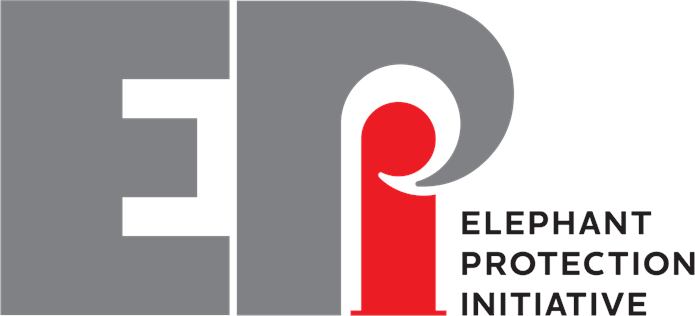UK charity
Launched in 2014, the Elephant Protection Initiative (EPI) was founded by two US-based NGOs, Stop Ivory and Conservation International, which formed its co-secretariat. However Stop Ivory closed down its operations in 2020 because, in its words, it was ‘no longer needed because ivory prices were down substantially, and the African elephant population had stabilized’.
The Elephant Protection Initiative founding members were Gabon, Chad, Tanzania, Botswana and Ethiopia, supported by the UK Government. EPI currently has 21 member countries.
The Elephant Protection Initiative says it has four objectives: maintain the 1989 international moratorium on ivory trade until elephant populations recover; close domestic ivory markets; place ivory stockpiles beyond commercial use; implement the 2010 African Elephant Action Plan.
The 2010 African Elephant Action plan aims to ‘assess and promote, as appropriate, consumptive and non-consumptive use of elephants and the sharing of benefits accrued with affected communities’. It is a plan that supports the management of sustainable elephant populations, to provide ‘ecological, socio, cultural and economic benefits’.
But at CITES’ CoP-18 EPI took a militant stand against the Southern African Development Community countries (SADC), the foundational rules of CITES and the principles contained in its 2010 African Elephant Action Plan that it supposedly still supports.
In defiance of the Convention, EPI dismissed the fact that SADC countries had entered reservations to CITES’ regulations that tightened the rules on the trade in live elephants and rhinoceroses, which freed them from any obligation to obey those rules. Instead, it argued that SADC should be ‘prevented from exercising their sovereign right to trade their elephants sustainably’. In other words, EPI contested the inalienable rights set out in CITES’ rule book, and it also betrayed the principles contained in the action plan it was created to implement. (See: Challenge to CITES).
Much of EPI’s current work is focused on managing human wildlife conflicts by ‘deploying the best available technologies and techniques; avoiding the conditions that could lead to future conflicts, through spatial planning and, again, the best use of available technologies and techniques’. When it comes to ivory, EPI believes that trade can never be part of the solution, which betrays its mission to back consumptive use. (See: ‘Looking beyond ivory – the EPI Foundation to 2030’.)
Today, its secretariat is no longer managed by CI, but by The EPI Foundation based in London. However, CI’s CEO Sanjayan Muttulingam is one of EPI’s three serving Trustees.
Leadership
The Elephant Protection Initiative’s Chief Executive Officer is John Scanlon, former Director-General of CITES.
Governance
The Elephant Protection Initiative’s Leadership Council is led by Ian Khama, former President of Botswana.
Finances
Unknown.


